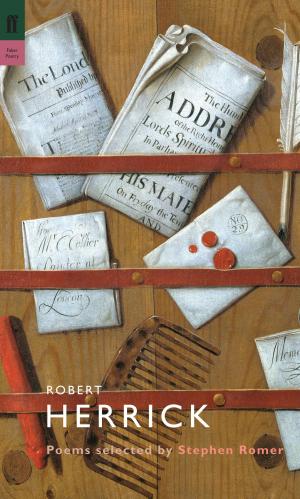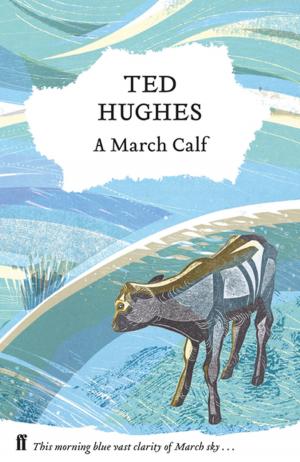| Author: | Robert Blake | ISBN: | 9780571302840 |
| Publisher: | Faber & Faber | Publication: | April 18, 2013 |
| Imprint: | Faber & Faber | Language: | English |
| Author: | Robert Blake |
| ISBN: | 9780571302840 |
| Publisher: | Faber & Faber |
| Publication: | April 18, 2013 |
| Imprint: | Faber & Faber |
| Language: | English |
'Lively and entertaining... [Disraeli's Grand Tour] concentrates on one colourful episode, or sequence of episodes, in the young Disraeli's life: the tour through the Mediterranean and Near East which he undertook with the man who was intended to become his brother-in-law. On the way they were joined by raffish Wykhamist James Clay, a friend of Disraeli's brother, and also by Tita Falcieri, who had formerly been a servant to Byron. Indeed... much of the tour might almost be considered a Byronic pilgrimage of a kind... Lord Blake suggests that [Disraeli's] travels in the provinces of the Ottoman Empire inclined him, when in office many years later, to take a more favourable attitude to Turkish power than was common among Englishmen of his time. However, the author is more interested in tracing the effects of the visit to the Holy Land on Disraeli's view of his own position as a Jew converted to Christianity and an aspirant man-of-letters and politician.' Dan Jacobson, London Review of Books
'Lively and entertaining... [Disraeli's Grand Tour] concentrates on one colourful episode, or sequence of episodes, in the young Disraeli's life: the tour through the Mediterranean and Near East which he undertook with the man who was intended to become his brother-in-law. On the way they were joined by raffish Wykhamist James Clay, a friend of Disraeli's brother, and also by Tita Falcieri, who had formerly been a servant to Byron. Indeed... much of the tour might almost be considered a Byronic pilgrimage of a kind... Lord Blake suggests that [Disraeli's] travels in the provinces of the Ottoman Empire inclined him, when in office many years later, to take a more favourable attitude to Turkish power than was common among Englishmen of his time. However, the author is more interested in tracing the effects of the visit to the Holy Land on Disraeli's view of his own position as a Jew converted to Christianity and an aspirant man-of-letters and politician.' Dan Jacobson, London Review of Books















